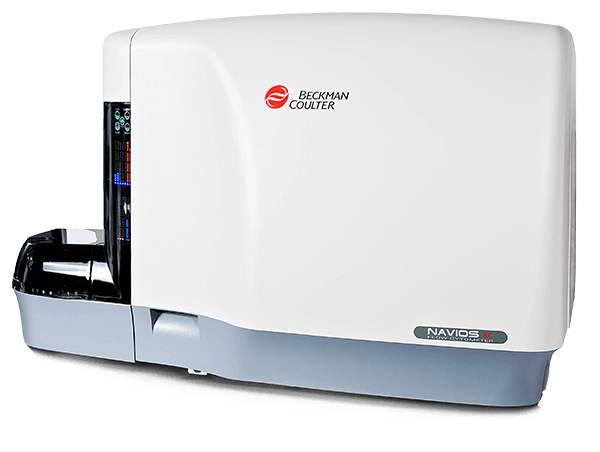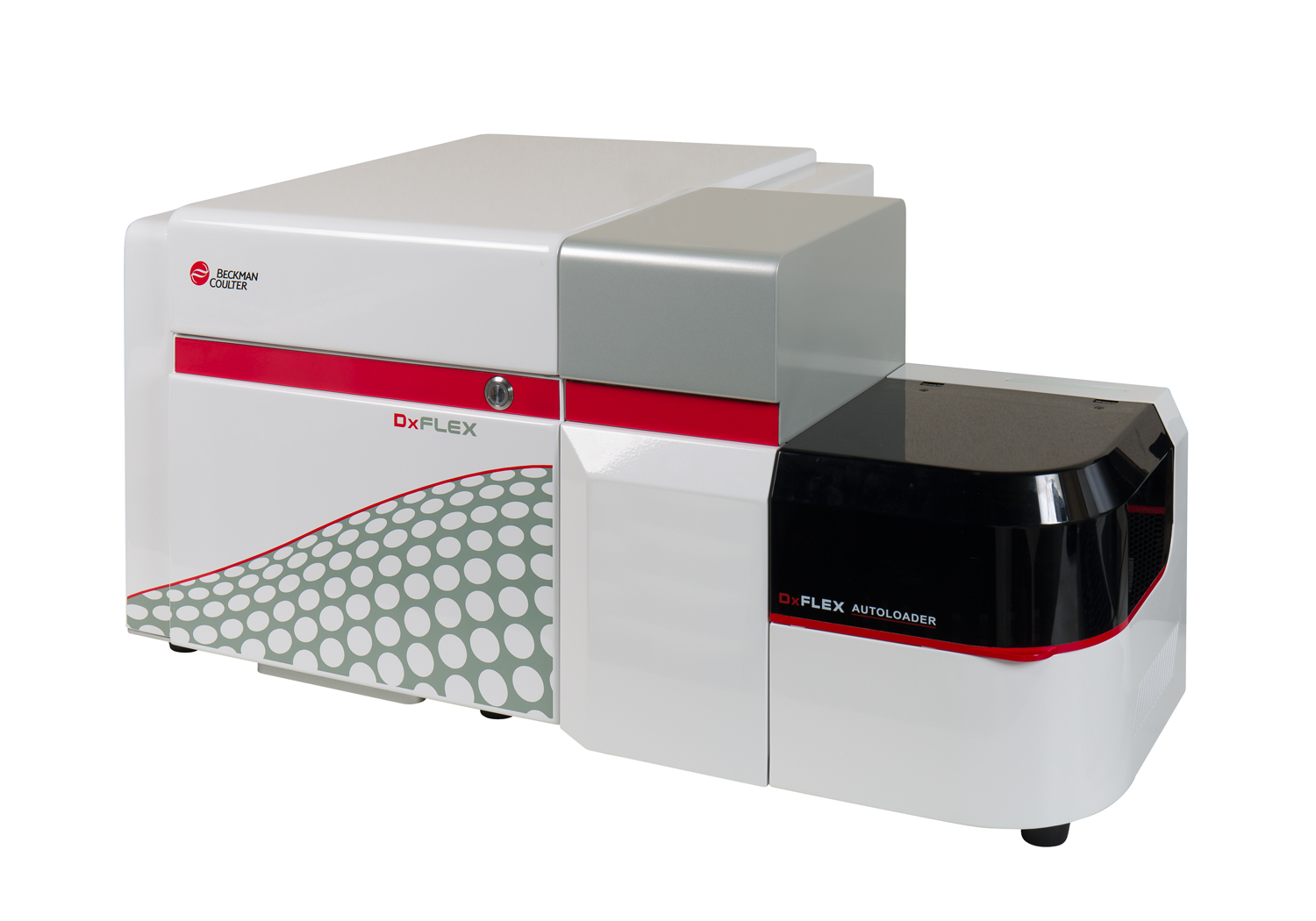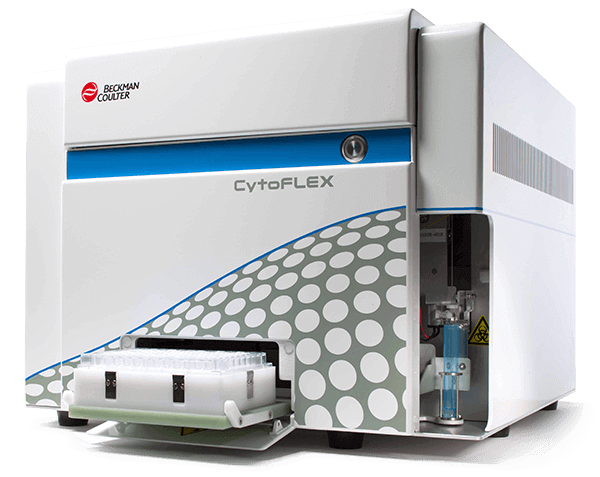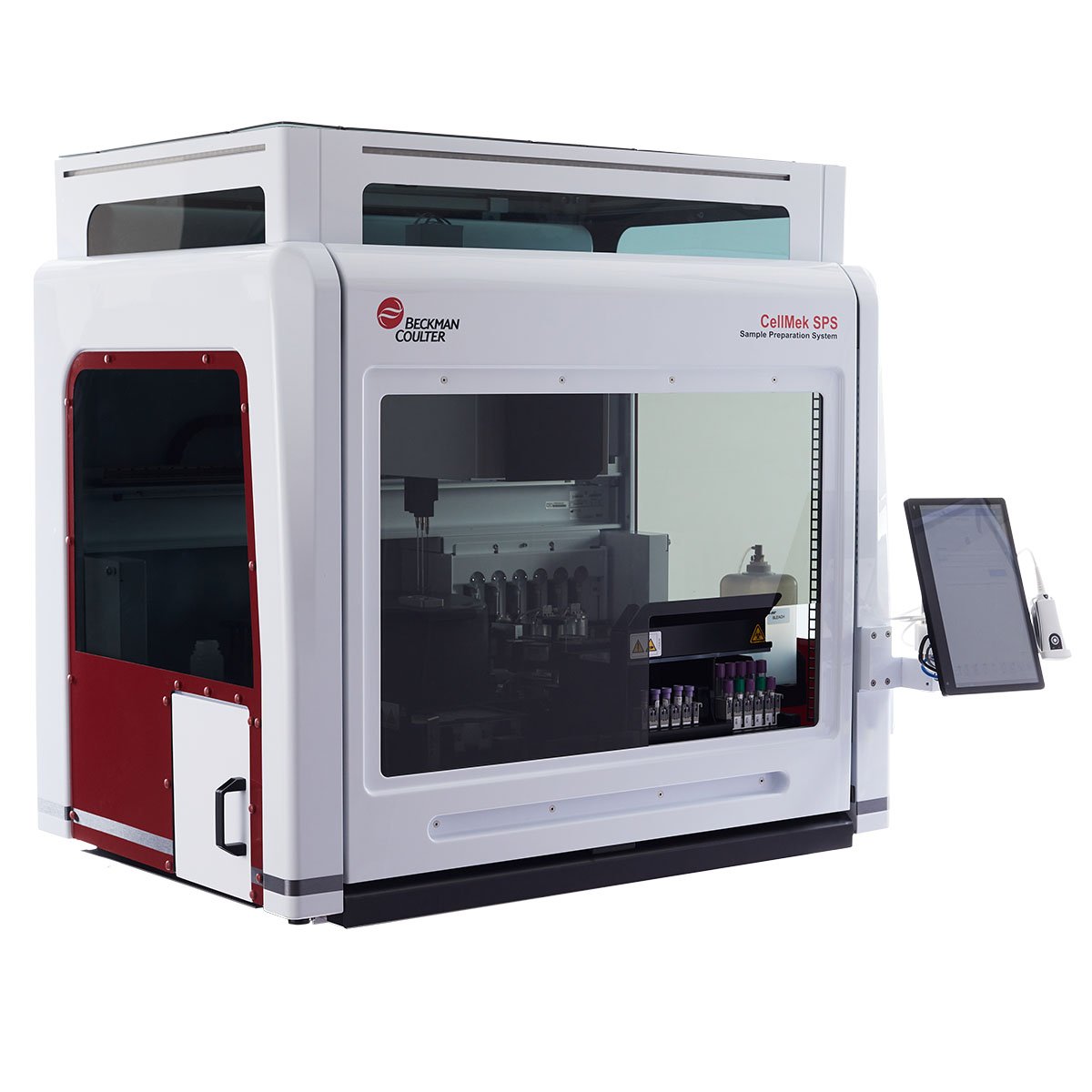CD19 Antibodies
The CD19 antigen (also called B4) is a type I membrane glycoprotein with a molecular weight of 95 kDa. It is a signal transduction molecule that regulates lymphocyte development, activation, and differentiation. The molecule is expressed on all normal B lymphocytes including pro‑B lymphocytes, but it is lost in maturation to plasma cells. It is also found on the surface of follicular dendritic cells, on the early cells of myelomonocytic lineage and on most stabilized B cell lines. It is not present on normal T lymphocytes, NK cells, monocytes, and granulocytes. CD19 can be associated with other surface molecules including CD21 and CD81. Co-ligation of the CD19-CD21-CD81 complex with the surface IgM-B-cell antigen receptor (BCR) leads to the phosphorylation of CD19 by Syk, followed by the recruitment of positive signal transduction effectors such as phosphatidylinositol 3 kinase (PI3 kinase), Lyn, and Fyn.
| Clone: 89B (B4) | Isotype: IgG1 Mouse |
| Clone: J3-119 | Isotype: IgG1 Mouse |
| In vitro studies show that the CD19 antibodies have an inhibitory effect on the activation and proliferation of B lymphocytes. They also inhibit the B cell response after co-stimulation by anti-immunoglobulin and interleukin 4. | |
| Clone: HD237 (B4 lytic) | Isotype: IgG2b Mouse |







